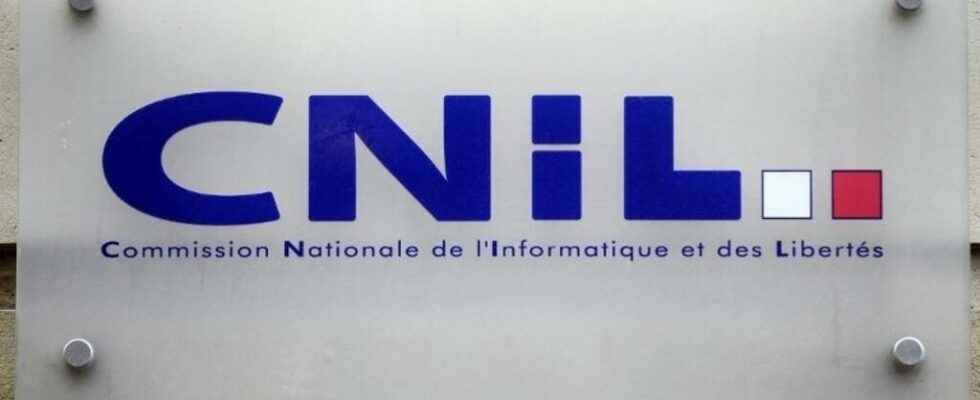The Commission Informatique et Libertés (Cnil) ordered Google and Facebook to pay 150 and 60 million euros respectively for their practices in terms of cookies, these digital tracers used in particular for targeted advertising.
The amount of the fine imposed on Google is a record in all categories for the sanctions imposed by the Commission informatique et libertés (Cnil), the institution guarding the privacy of the French. It dethrones another fine already administered to Google on the subject cookies in December 2020: 100 million euros.
The CNIL calls into question the contrast between the ease with which the Internet user accepts cookies and the difficulty of refusing them. ” The CNIL noted that the facebook.com, google.fr and youtube.com sites do not allow “To refuse cookies” so simply Than to accept them, she says. ” They propose, explains the Cnil, a button to immediately accept cookies “. In contrast, “ several clicks are necessary to refuse all cookies », She denounced. To add to the confusion, the button added by Facebook to refuse trackers is even called ” Accept cookies “.
Cookies are small computer files installed by websites on the terminals of their visitors, for technical or targeted advertising purposes. In particular, they allow the agencies to track the user’s browsing, in order to be able to send them personalized advertising related to their areas of interest. They are regularly denounced for the breaches of the privacy of Internet users that they may cause.
Google is committed to changing its practices
The two platforms have three months to comply, failing which “ companies will each have to pay a fine of 100,000 euros per day of delay », She added.
In a reaction sent to Agence France-Presse, Google announced a change in its practices following the Cnil’s decision. “ In accordance with the expectations of Internet users, […] we are committed to implementing new changes, as well as to working actively with the CNIL in response to its decision, within the framework of the (European, Editor’s note) ePrivacy directive “Assured the American giant.
Since the entry into force of the European regulation on personal data in 2018, websites have been required to comply with stricter rules to obtain the consent of Internet users before placing their cookies.
(With AFP)
